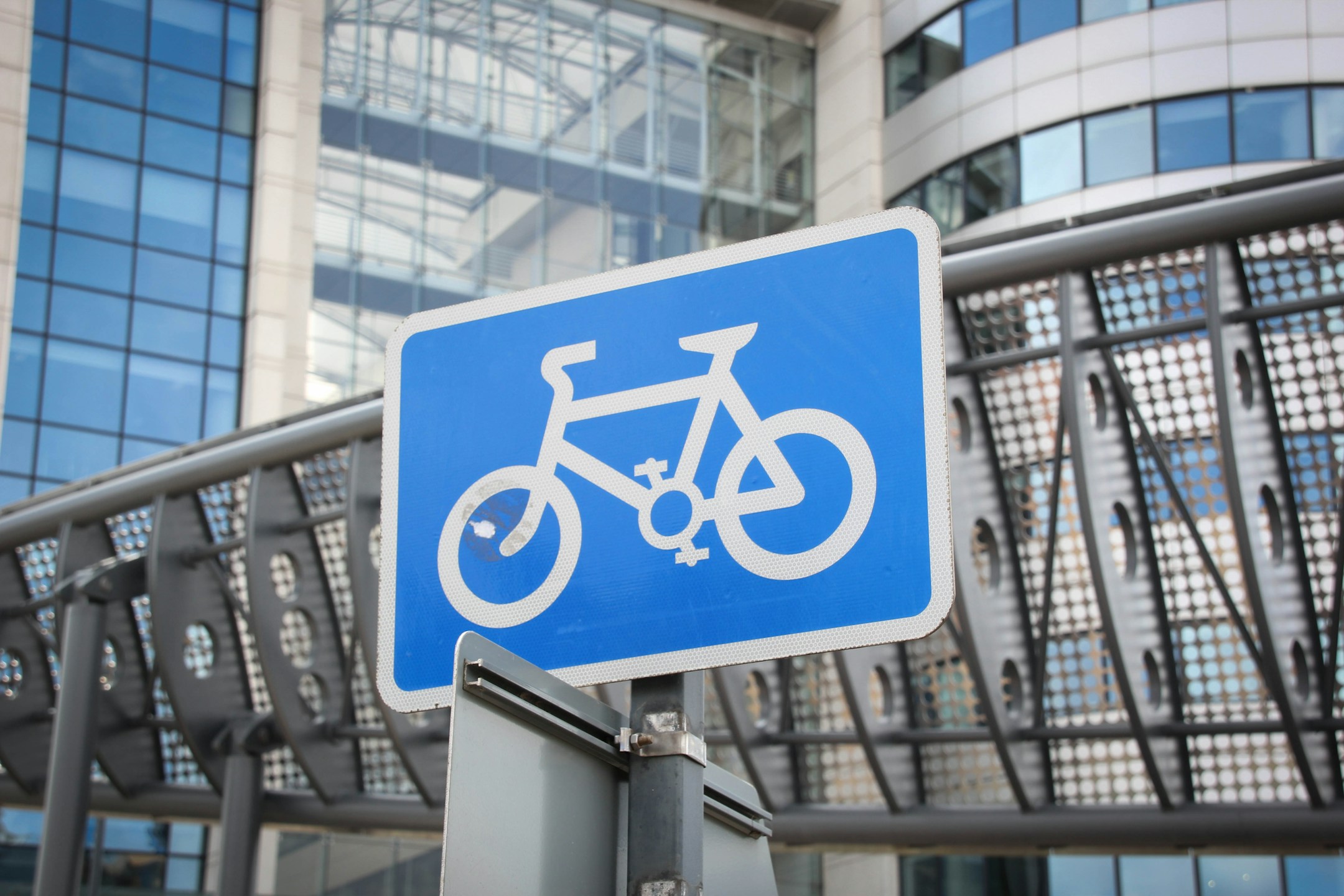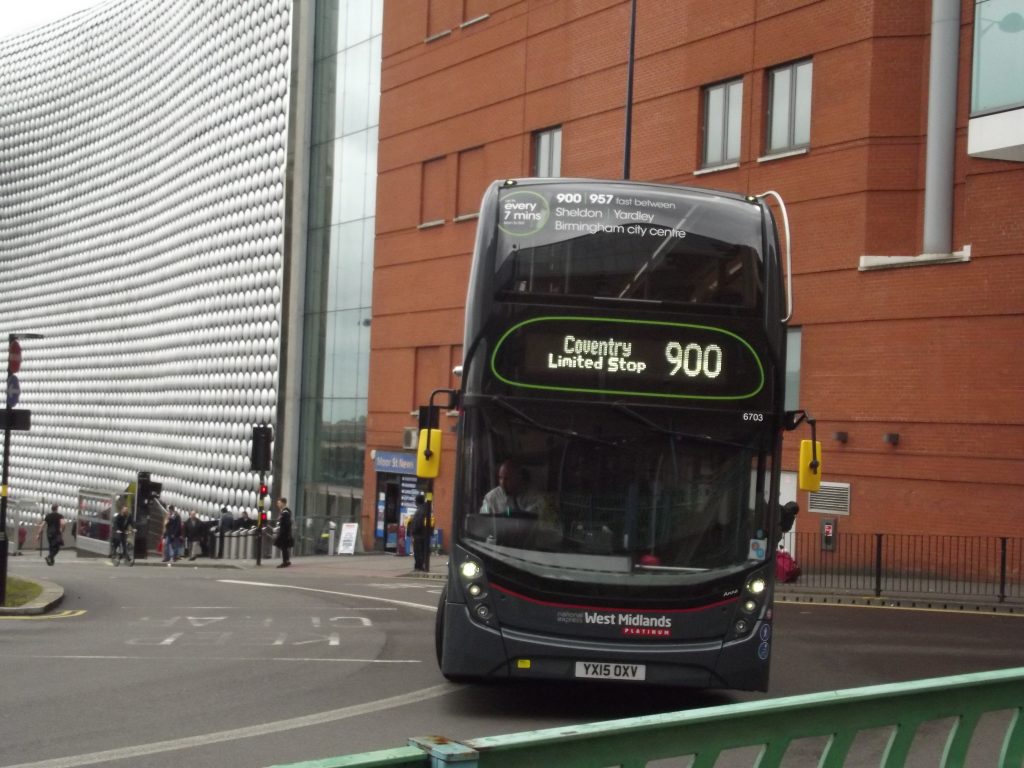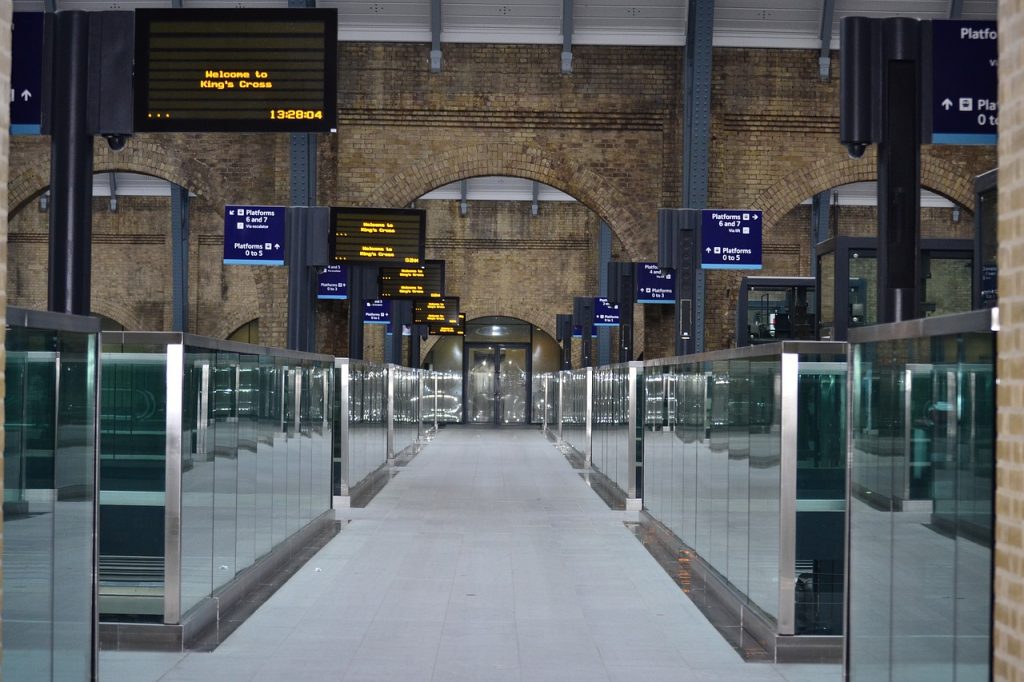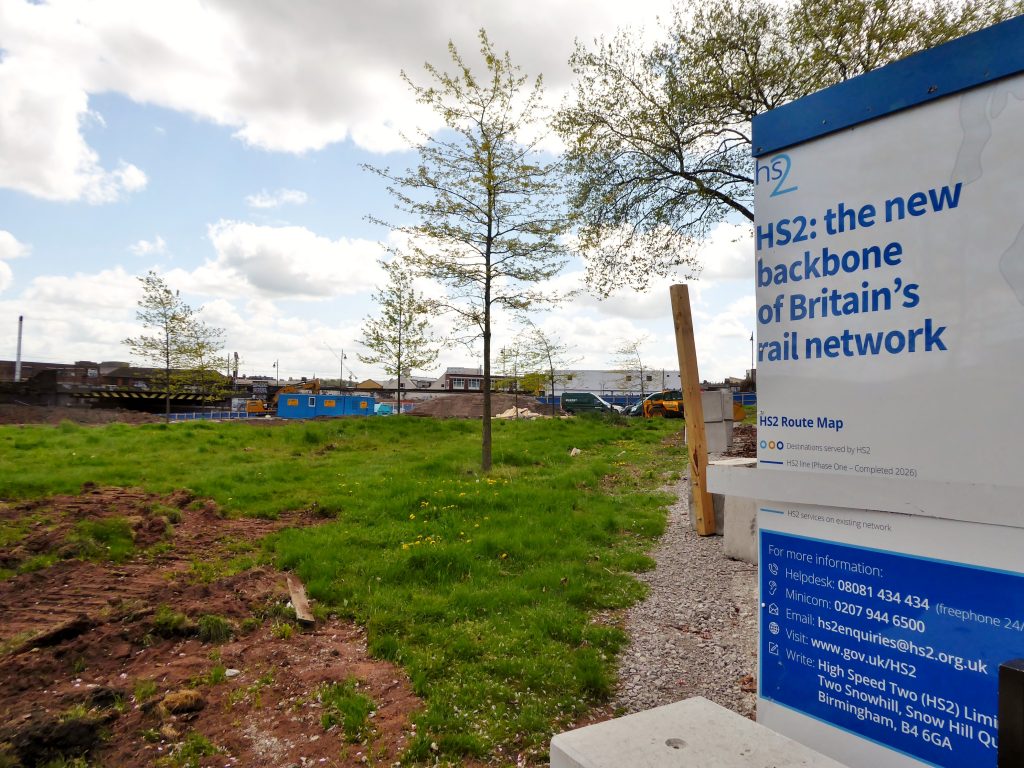Vision:
Active travel
- Last update: 14/12/2023
- Version: v1.0
We believe that Great Britain should have an integrated active travel network.

At Enroute, we strive to create a greener, economically-friendly, and community-influenced public and active transport network, encouraging modal shift from road and private car to sustainable modes of transport. We elaborate on our aims with our comprehensive vision for the transport network in 2050.
Our 2050 Vision draws on our work and the published work of other organisations. Whilst we highlight where our vision aligns with the views of other organisations, the 2050 Vision represents Enroute’s views and should not be taken to represent those of other organisations.
Introducing Active Travel Corridors
Active Travel Corridors, or ATCs, should be introduced in areas of dense population, high crime, high poverty, high car usage, and proportionately low bike usage.
ATCs should be funded in part by Transport Authorities, Local Authorities, local businesses and Central Government (the latter dependant on the scale of the scheme). ATCs will include both a cycleway and pedestrian walkway, with the ability to include a tram/busway or running track/route.
These new ATCs will rejuvenate and energise areas (literally), and support development and growth, as well as encourage people to switch from cars to walking and cycling. Existing bus and cycle lanes, as well as roads, can also be converted into Active Travel Corridors.
Cycle hire and e-Scooters
Cycle and e-scooter hire schemes should continue to roll-out in urban areas. The minimum age limit for these schemes (which is currently 18) should be reviewed – keeping in mind that limited youth ridership could be the reasoning for low patronage in some areas. Enroute proposes that:
- Age limits for cycle hire schemes is decreased to 14 with an accompanying adult, and 16 without.
- Age limits for e-scooters is decreased to 16.
E-scooter services should be introduced in more urban areas, in partnership with Transport Authorities.
Private e-scooters should be legalised on public rights of way (PRoW), allowing people to commute to work or go shopping without requiring a car or bike. This policy is subject to relevant legislative framework, which ensures safe ridership and responsible usage
- No further reading linked
- 14th December 2023: Initial publication




